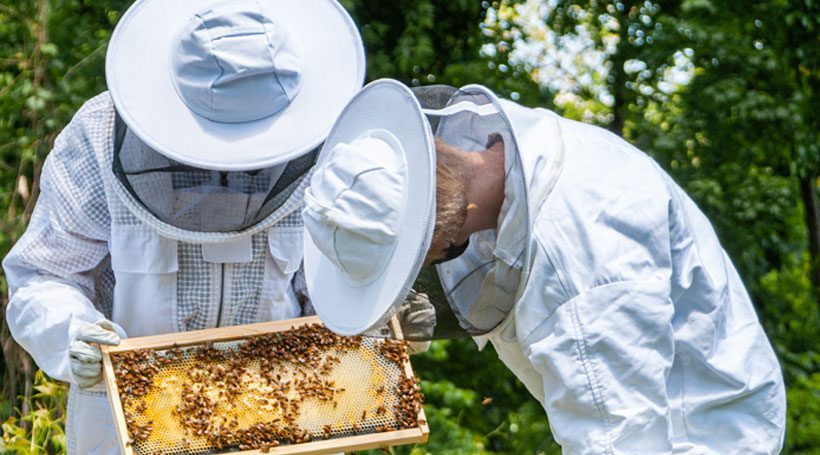High school students across the country have plenty of competitions through the school year, but students at Moorestown Friends School may have one of the most surprising: who’s been stung by a bee the most.
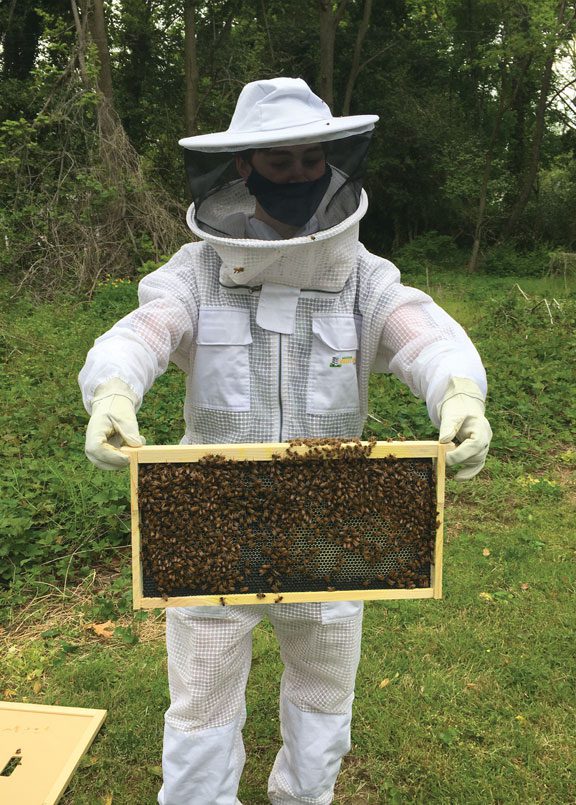
Daniel Sorokin MFS ’23
Don’t worry, this isn’t an unpleasant story of a school’s bee infestation. MFS’ bees are there on purpose – and they serve a purpose.
“Bees are so important to our agriculture, to our food systems,” says MFS biology teacher Drew Newman. “If anything catastrophic happened to bees, our crops would fail. We’d basically be left with just grass.”
The school’s beehives are part of a growing trend of South Jersey schools who build on-campus gardens to provide everything from climate change lessons and mental health spaces to a resource for food insecure families.
The bee club at MFS started buzzing in 2018, when the school’s environmental club and animal awareness club started losing steam. Both clubs were trying to think of a way to re-energize, and they found it in a news headline about endangered bees.
“Two of our students, Esha Nittoor and Rachel Liu, applied for a grant and got money to start the club,” Newman says. “They got all the information together, including safety concerns, created a budget and got younger students involved and excited for the program.”
After a delay due to Covid, the club set up its first beehive in the fall of 2020, near the school’s garden, which teachers plan to revive this year. “There’s so much students can learn from beekeeping: where our food comes from, the lifecycle of bees, the different species of bees,” says Newman. “We even get to introduce them to careers that support the environment.”
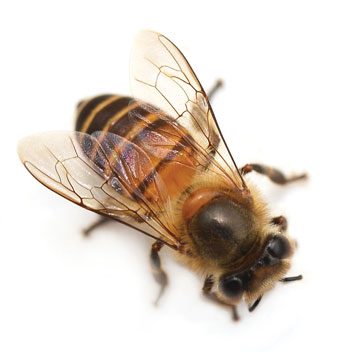 It also teaches problem-solving. The club has already had their bee colony die off – twice. “The first year, we didn’t insulate the hives enough in preparation for winter, and this year, there was a beetle infestation. It was so gross,” Newman says. “But these kids are so invested, they weren’t discouraged, and both times we assessed the problem, made a plan, got a new queen and started again.”
It also teaches problem-solving. The club has already had their bee colony die off – twice. “The first year, we didn’t insulate the hives enough in preparation for winter, and this year, there was a beetle infestation. It was so gross,” Newman says. “But these kids are so invested, they weren’t discouraged, and both times we assessed the problem, made a plan, got a new queen and started again.”
Since the club started, students have gifted 2 batches of honey to the school council and MFS environmental council, and a number of students have started hives at home. One student member, Daniel Sorkin, created an entire program about how to teach beekeeping – with video presentations, modules and a class that he taught to students.
“The hives have attracted pretty much the entire school in some way,” says Newman. “Teachers are getting involved, the admissions department made it a stop on their tours and students are so invested in it. I had the frames set up in a centrifuge in my classroom to collect the honey, and the students in my biology class and my environment class were asking about them. They wanted to learn more.”
Students are usually eager to get the hands-on experience that comes with school gardens and other environmental programs, says Toni Farmer, a Rowan University professor and SJ Mag’s resident gardener. Farmer has worked with both MFS and Moorestown’s public elementary and middle schools to build gardens and run workshops to teach students about agriculture.
But showing students where their food comes from isn’t just a refreshing break from the classroom, it also helps them eat healthier, says Farmer.
“When I ask younger students where their food comes from, almost everyone says the food store – except for the one kid who said the microwave,” Farmer says. “But when we take them through our food system, teach them how climate change affects it and even show them some of the things farmers have to deal with, we are raising more educated consumers of food, and they’re more likely to choose healthier options.”
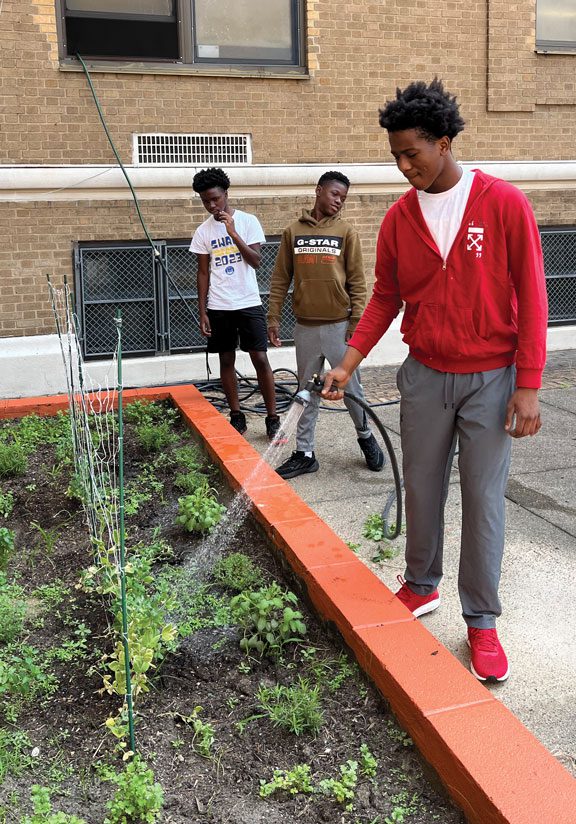
Students Dixson Dowayee, Zy’Air Kendrick & Jahmere Reddick tend to their school garden
Arlethia Brown sees it happen all the time as Senior Director of School Nutrition for the Camden City School District. The district hosts several gardens at schools throughout the city. And while the gardens have been around for years, they were originally reserved for educational purposes. But Brown saw an opportunity to expand the programs and use the harvests to support the schools’ cafeterias in addition to being educational tools.
“There was a time when all of the food we served students was prepped and packaged somewhere else and shipped to the school,” Brown says. “But we’re working to make our meals more fresh, using ingredients from the gardens so the cafeteria manager can go right outside and pick an ingredient for lunch.”
Schools throughout the district are growing spinach, thyme, collard greens and more in campus gardens. Camden High School even has an apple tree. Cafeterias are already incorporating harvests, including green onion and garlic grown in the gardens, into dishes like fresh salsa. And even parents have gotten a taste of the program.
“At Dudley School’s back-to-school night, we gave parents green beans that were grown in the garden,” says Brown. “We didn’t anticipate how excited they would be – they immediately wanted to learn more. They said they wanted to come by with their families.”
Establishing interest in school gardens isn’t hard, says Farmer. It’s keeping the gardens going that’s the biggest challenge. “Most of the time, these are completely grassroots projects organized – and sometimes funded – by teachers or parents. So when the person who originally started the garden either doesn’t have enough time for it or leaves the school for whatever reason, the garden usually dies off.”
Camden’s school garden program has found support from a number of local farms and organizations who offer resources and expertise.
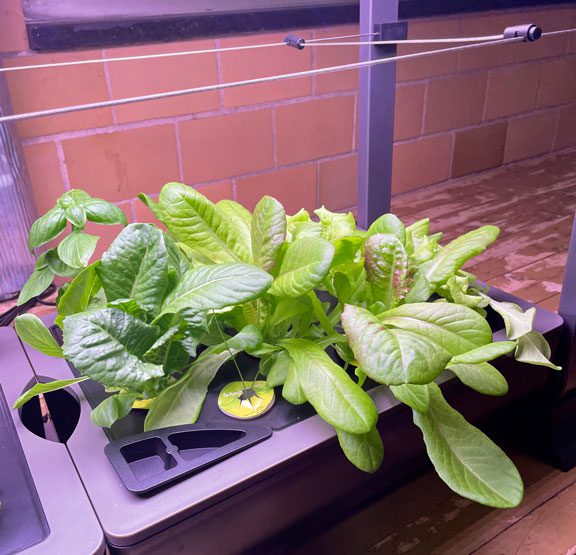 Last year, Thomas H. Dudley Elementary School installed a new garden with help from Free Haven Farms in Lawnside. A farmer from Hammonton reached out recently about setting up a hydroponics program that would allow students to grow things indoors. And FoodCorps, a nonprofit with the mission to support food education and nutrition in schools, provides volunteers to help maintain the gardens, as well as guides for lesson plans and resources for starting new gardens.
Last year, Thomas H. Dudley Elementary School installed a new garden with help from Free Haven Farms in Lawnside. A farmer from Hammonton reached out recently about setting up a hydroponics program that would allow students to grow things indoors. And FoodCorps, a nonprofit with the mission to support food education and nutrition in schools, provides volunteers to help maintain the gardens, as well as guides for lesson plans and resources for starting new gardens.
“We don’t know everything about agriculture. I definitely don’t,” says Brown. “So those people who know so much and are willing to help us, that’s who we want to partner with. We’re learning as we’re growing – no pun intended.”


